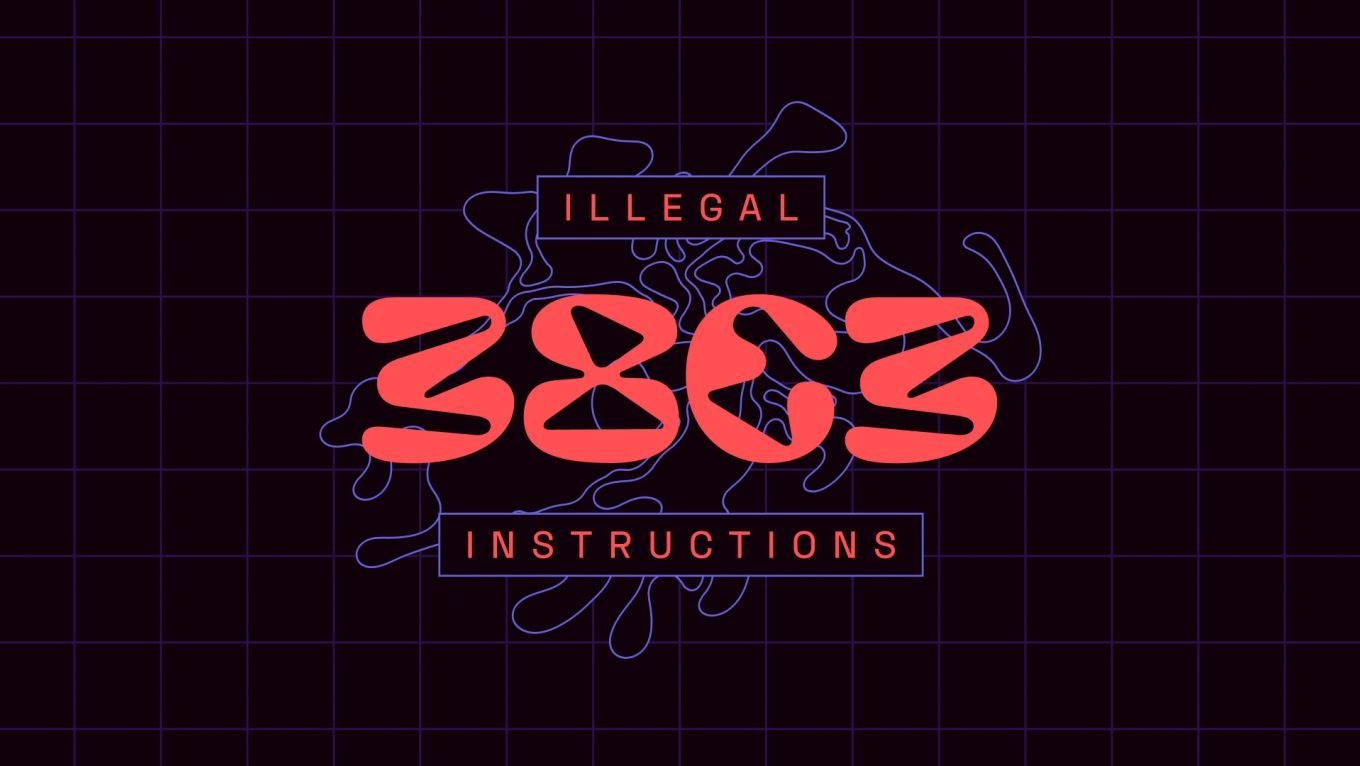Small seeds - why funding new ideas matters
December 30, 2024
1:50 PM – 2:30 PM Add to calendar
1:50 PM – 2:30 PM Add to calendar
Stage HUFF
More money for Free and Open Source Software - a never ending issue. In a tech world built on start-ups, venture capital and data-gathering apps, the fight for sustainable funding for ethical technology projects is a fierce one. After some big victories for FOSS funding in the last years, this talk is about the importance of not forgetting the small, underdog civil society projects.
How do we fund technology in a sustainable way? Fund infrastructure, fund maintenance, fund that project some random person in Nebraska has been thanklessly maintaining since 2003. While infrastructure is extremely important (no questions asked), in this talk we want to explore why a diverse funding landscape that also allows for supporting new people and groups with fresh ideas can only be incredibly valuable to the field of FOSS.
How can we use existing funding structures, bend and twist them to meet the real needs of communities? How can we make them more useful to projects and people who are not typically the recipients of their money? We want to talk about how to build support infrastructure that allows us to fund in ways that bring more diversity, more novel ideas and more inclusivity to our communities - and we want to talk about how to do this in a sustainable way.
This talk is a call to government institutions, funders and other organisations with the power to distribute money to join forces, break down the barriers of their traditional funding models and create a broad and vibrant network of small, diverse and lightweight funds that meet the needs of different groups and communities. It is an invitation to communities to come together and share their needs in order to help build structures that can actually support their work. There is hope in FOSS projects, old and new, big and small. Let's hack all kinds of systems to give them the support they need.
Additional information
| Live Stream | https://streaming.media.ccc.de/38c3/huff |
|---|---|
| Type | Talk 40 (30min +10 Q&A) |
| Language | English |
More sessions
| 12/27/24 |
Exploring the security of the new iPhone Mirroring feature as well as the current threat model of the iOS ecosystem
|
| 12/27/24 |
Das neue Gesetz über die Selbstbestimmung in Bezug auf den Geschlechtseintrag (SBGG) ist da und Menschen können endlich unkompliziert ihren Geschlechtseintrag und ihre Vornamen ändern lassen. Doch der Weg dahin ist nicht einfach. Kommt mit auf eine Roadshow gespickt mit Tipps und Erfahrungen, damit ihr eurer Ziel einfacher erreicht.
|
| 12/27/24 |
In a world of centralized internet control, building your own mesh network isn't just a technical challenge—it's digital independence. This beginner-friendly guide walks through creating resilient mesh networks using accessible hardware like LoRa and ESP devices. From antenna selection to node placement strategy, learn how to build networks that operate independently of traditional infrastructure.
|
| 12/27/24 |
End-users in cellular networks are at risk of connecting to fake base stations, and we show that mitigations pushed in 5G are insufficient.
|
| 12/27/24 |
Im Rahmen eines vom Prototype Fund geförderten Projektes entstand zusammen mit 4 Schulen die Open Source Software BinBa. Diese Software wurde in enger Zusammenarbeit mit den Schulen konzipiert, umgesetzt und in Betrieb genommen. In dem Talk soll der Weg über die Finanzierung mit Hilfe des Prototyp Funds, die Softwareentwicklung zusammen mit den LehrerInnen und SchülerInnen also auch die Inbetriebnahme beleuchtet werden.
|
| 12/27/24 |
Staatliche Repression aufgrund der Teilnahme an Demonstrationen oder wegen anderer politischer Tätigkeiten gehören zur leidigen Erfahrung von Aktivist*innen. Wir geben Tipps und diskutieren, wie man mit einigen, typisch auftretenden Situationen bzw. Repressionsmaßnahmen umgehen kann.
|
| 12/27/24 |
Wenn Sicherheitsforscher und Hacker Datenlecks direkt dem dafür Verantwortlichen melden, setzen sich u.U. strafrechtlichem Risiko aus oder werden auch mal schlicht ignoriert. Stattdessen kann es in der Praxis aber auch sinnvoll sein, die Möglichkeiten der DS-GVO und die Befugnisse der Datenschutz-Aufsichtsbehörden zu nutzen, um Sicherheitslücken schnell zu schließen.
|

